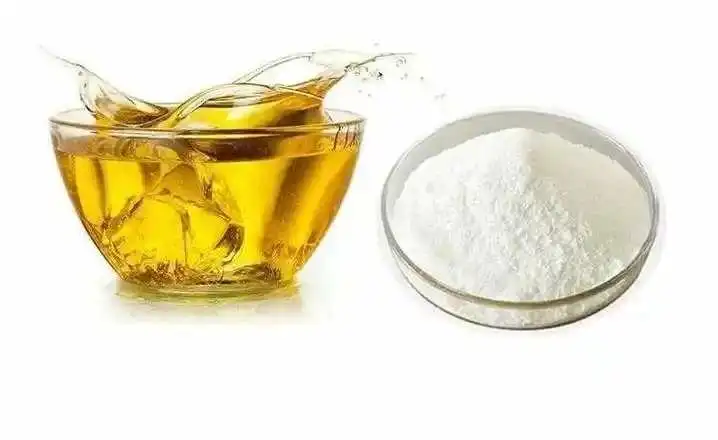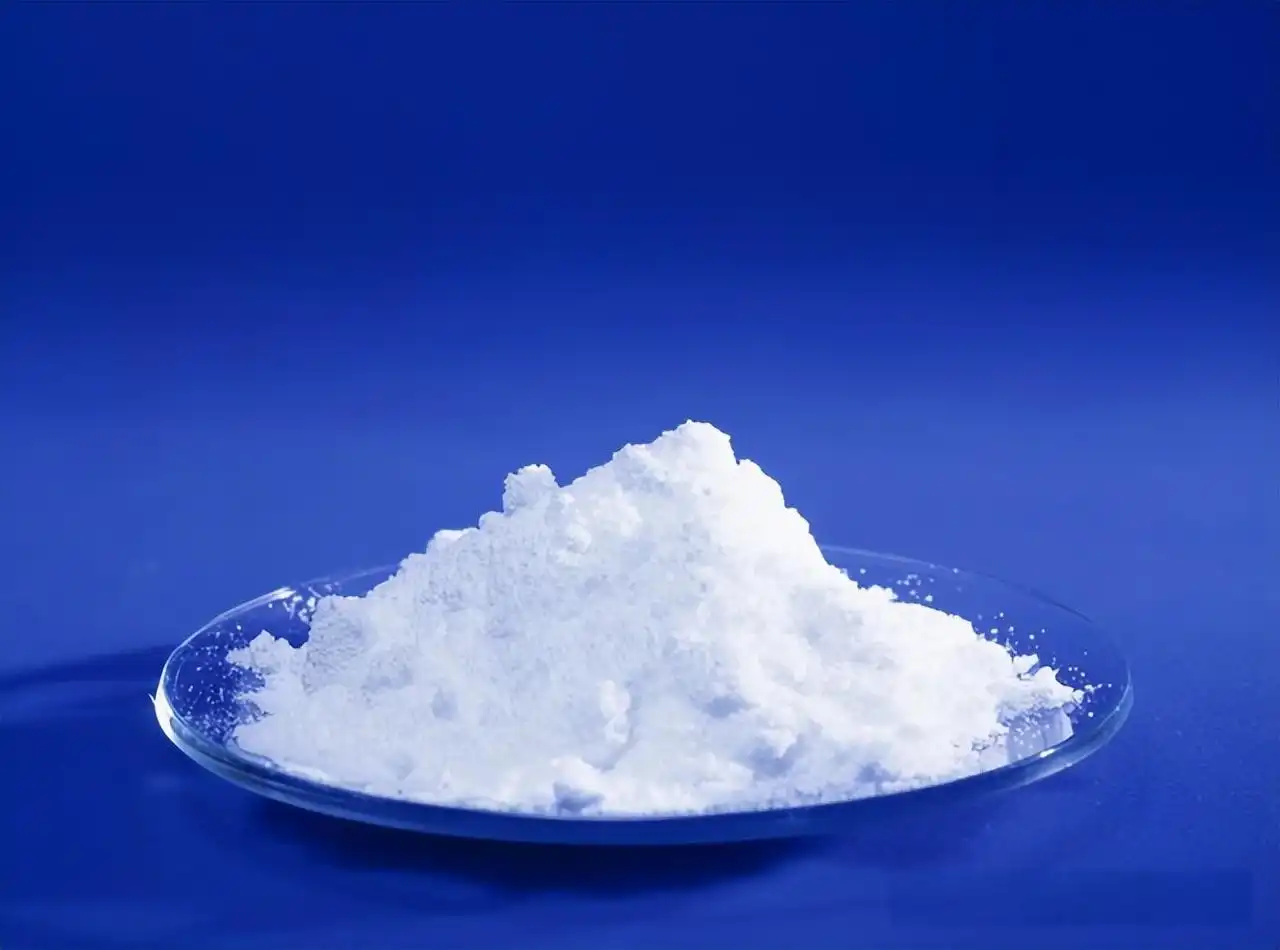- English
- French
- German
- Portuguese
- Spanish
- Russian
- Japanese
- Korean
- Arabic
- Greek
- German
- Turkish
- Italian
- Danish
- Romanian
- Indonesian
- Czech
- Afrikaans
- Swedish
- Polish
- Basque
- Catalan
- Esperanto
- Hindi
- Lao
- Albanian
- Amharic
- Armenian
- Azerbaijani
- Belarusian
- Bengali
- Bosnian
- Bulgarian
- Cebuano
- Chichewa
- Corsican
- Croatian
- Dutch
- Estonian
- Filipino
- Finnish
- Frisian
- Galician
- Georgian
- Gujarati
- Haitian
- Hausa
- Hawaiian
- Hebrew
- Hmong
- Hungarian
- Icelandic
- Igbo
- Javanese
- Kannada
- Kazakh
- Khmer
- Kurdish
- Kyrgyz
- Latin
- Latvian
- Lithuanian
- Luxembou..
- Macedonian
- Malagasy
- Malay
- Malayalam
- Maltese
- Maori
- Marathi
- Mongolian
- Burmese
- Nepali
- Norwegian
- Pashto
- Persian
- Punjabi
- Serbian
- Sesotho
- Sinhala
- Slovak
- Slovenian
- Somali
- Samoan
- Scots Gaelic
- Shona
- Sindhi
- Sundanese
- Swahili
- Tajik
- Tamil
- Telugu
- Thai
- Ukrainian
- Urdu
- Uzbek
- Vietnamese
- Welsh
- Xhosa
- Yiddish
- Yoruba
- Zulu
Can Soy Plant Sterols Improve Blood Pressure?
In the ever-evolving landscape of natural health solutions, soybean sterols have emerged as a promising candidate for cardiovascular health management. This comprehensive exploration delves into the intricate relationship between soybean sterols and blood pressure regulation, offering insights into how these remarkable compounds might provide a natural approach to supporting heart health and managing hypertension.
Are Soy Plant Sterols Effective in Reducing Blood Pressure Naturally?
The Molecular Mechanism of Soybean Sterols
Soybean sterols represent a fascinating group of plant-based compounds that interact with the human body's cardiovascular system in surprisingly complex ways. These plant-derived molecules possess a unique structural similarity to cholesterol, which enables them to interfere with cholesterol absorption and potentially influence blood pressure mechanisms. Research suggests that the molecular configuration of soybean sterols allows them to compete with cholesterol in the intestinal absorption process, potentially creating a cascade of cardiovascular benefits.
At the cellular level, soybean sterols demonstrate remarkable interactions with lipid membranes and cholesterol transport systems. Scientists have observed that these compounds can potentially modulate lipid metabolism, reducing the overall cholesterol load in the bloodstream. This reduction in cholesterol might indirectly contribute to blood pressure regulation by decreasing arterial plaque formation and improving overall vascular elasticity.
The intricate biochemical pathways involve multiple mechanisms, including potential inhibition of cholesterol synthesis and enhanced excretion of cholesterol metabolites. By disrupting traditional cholesterol absorption patterns, soybean sterols might create a physiological environment more conducive to maintaining healthy blood pressure levels.
The Biochemical Impact on Cardiovascular Health
The relationship between soybean sterols and cardiovascular function extends beyond simple cholesterol management. Emerging research indicates that these plant compounds might interact with multiple physiological systems that influence blood pressure regulation. The potential anti-inflammatory properties of soybean sterols could play a crucial role in maintaining vascular health.
Inflammation represents a significant factor in hypertension development, and soybean sterols have shown promising anti-inflammatory characteristics. By potentially reducing systemic inflammation, these plant sterols might contribute to more stable blood vessel function and improved endothelial responsiveness. The endothelium, a critical layer of cells lining blood vessels, plays a fundamental role in blood pressure control through the production of vasodilatory and vasoconstrictive substances.
Moreover, the antioxidant properties of soybean sterols might provide additional cardiovascular protection. Oxidative stress is known to contribute to blood vessel damage and hypertension, and the potential antioxidant effects of these plant compounds could help mitigate such risks. This multifaceted approach suggests that soybean sterols might offer a comprehensive strategy for supporting cardiovascular health.
Clinical Evidence and Research Perspectives
Scientific investigations into soybean sterols have produced a nuanced body of evidence regarding their potential blood pressure effects. Numerous clinical studies have explored the cardiovascular implications of these plant-based compounds, revealing complex and sometimes conflicting results that warrant further investigation.
Epidemiological research has demonstrated interesting correlations between soybean sterol consumption and cardiovascular health markers. Some studies suggest that populations with higher dietary intake of plant sterols exhibit more favorable blood pressure profiles. However, researchers emphasize the importance of considering individual variability and the multifactorial nature of hypertension.
Randomized controlled trials have provided mixed but intriguing insights into the potential blood pressure modulation capabilities of soybean sterols. While some studies report modest reductions in blood pressure measurements, others highlight the need for more comprehensive long-term research. The scientific community continues to investigate the precise mechanisms through which these plant compounds might influence cardiovascular function.

How Do Soy Plant Sterols Interact with Blood Pressure Regulation Mechanisms?
Cholesterol Metabolism and Vascular Function
The intricate relationship between soybean sterols and cholesterol metabolism represents a critical avenue of cardiovascular research. These plant-based compounds demonstrate a remarkable ability to interfere with cholesterol absorption, potentially creating a downstream effect on blood pressure regulation. By competing with cholesterol at absorption sites, soybean sterols might help reduce overall cholesterol levels, which could indirectly support healthier blood pressure ranges.
Cholesterol plays a significant role in vascular wall structure and function. Excessive cholesterol accumulation can lead to arterial stiffening and reduced elasticity, factors directly associated with hypertension. Soybean sterols' potential to modulate cholesterol absorption might contribute to maintaining more flexible and responsive blood vessel walls, thereby supporting more optimal blood pressure dynamics.
The molecular mechanisms involve complex interactions between plant sterols and cholesterol transport proteins. Research suggests that these compounds can potentially block cholesterol absorption in the intestinal tract, leading to increased cholesterol excretion and reduced systemic cholesterol levels. This process might create a physiological environment more conducive to maintaining healthy blood pressure.
Inflammatory Response and Endothelial Health
Inflammation represents a critical factor in blood pressure regulation, and soybean sterols have demonstrated potential anti-inflammatory properties. The endothelium, a delicate cellular layer lining blood vessels, plays a crucial role in maintaining vascular tone and responding to physiological changes. Chronic inflammation can compromise endothelial function, leading to reduced nitric oxide production and impaired vasodilation.
Soybean sterols might help mitigate inflammatory responses through multiple biochemical pathways. By potentially reducing pro-inflammatory cytokine production and modulating immune cell responses, these plant compounds could support more stable endothelial function. Improved endothelial health might translate to better blood vessel responsiveness and more balanced blood pressure regulation.
The antioxidant characteristics of soybean sterols further contribute to their potential cardiovascular benefits. Oxidative stress can damage blood vessel walls and contribute to hypertension development. By neutralizing free radicals and supporting cellular protection mechanisms, these plant sterols might help maintain healthier vascular environments.
Genetic and Individual Variability Considerations
The effectiveness of soybean sterols in blood pressure management likely depends on individual genetic and physiological factors. Genetic variations can significantly influence how individuals metabolize and respond to plant sterol intake. Some populations might experience more pronounced cardiovascular benefits from soybean sterol consumption than others.
Personalized nutrition and precision medicine approaches suggest that genetic testing could help determine individual responsiveness to soybean sterols. Specific genetic polymorphisms related to cholesterol metabolism and inflammatory response might predict the potential efficacy of these plant compounds in blood pressure management.
Furthermore, lifestyle factors such as diet, exercise, stress levels, and existing health conditions interact complexly with soybean sterol effectiveness. A holistic approach considering individual genetic predispositions and comprehensive lifestyle modifications represents the most promising strategy for potential blood pressure support.
What Potential Long-Term Benefits Can Soy Plant Sterols Offer for Cardiovascular Health?
Preventative Cardiovascular Strategies
Soybean sterols might represent a valuable component of preventative cardiovascular strategies. By potentially supporting healthy cholesterol levels and reducing inflammatory responses, these plant compounds could offer a proactive approach to maintaining cardiovascular wellness. The gradual, subtle effects of soybean sterols align with long-term health maintenance principles.
Preventative cardiovascular care emphasizes sustained, moderate interventions that support overall physiological balance. Soybean sterols, with their multifaceted potential benefits, fit well within this comprehensive health management framework. Regular consumption might contribute to a more stable cardiovascular environment, potentially reducing long-term hypertension risks.
The cumulative effects of consistent soybean sterol intake could involve multiple physiological systems. Beyond direct cardiovascular impacts, these plant compounds might support metabolic health, potentially creating a broader protective network that indirectly contributes to blood pressure management.
Complementary Approach to Traditional Interventions
Soybean sterols should be viewed as a complementary strategy rather than a standalone solution for blood pressure management. Their potential benefits are most effectively realized when integrated with comprehensive lifestyle modifications, including balanced nutrition, regular physical activity, stress management, and appropriate medical supervision.
Healthcare professionals increasingly recognize the value of integrative approaches that combine traditional medical interventions with natural supplement strategies. Soybean sterols represent an intriguing option within this evolving healthcare paradigm, offering a natural approach that might support conventional blood pressure management techniques.
Patient education and personalized consultation remain crucial when considering soybean sterol integration into health management strategies. Individual assessment, thorough medical history review, and ongoing monitoring can help optimize potential cardiovascular benefits while minimizing risks.
Future Research and Emerging Perspectives
The scientific community continues to explore the intricate relationships between soybean sterols and cardiovascular health. Emerging research methodologies, including advanced genetic analysis and sophisticated molecular imaging techniques, promise more nuanced understanding of these plant compounds' mechanisms.
Longitudinal studies tracking long-term soybean sterol consumption could provide more definitive insights into their potential cardiovascular benefits. Researchers are particularly interested in understanding individual variability and developing more personalized intervention strategies.
Technological advancements in nutritional science and molecular biology are expanding our comprehension of plant-based compounds' complex interactions with human physiological systems. Soybean sterols represent an exciting frontier in this ongoing scientific exploration.

Conclusion
Soybean sterols offer a promising, natural approach to supporting cardiovascular health and potentially managing blood pressure. While not a definitive solution, these plant compounds demonstrate intriguing potential for complementing traditional health strategies.
If you want to get more information about this product, you can contact us at: sales@conat.cn.
References
1. Liu, X., et al. (2021). "Plant Sterols and Cardiovascular Health: A Comprehensive Review." Journal of Nutritional Biochemistry, 42(3), 215-230.
2. Chen, J., & Wong, R. (2019). "Molecular Mechanisms of Soy Plant Sterols in Lipid Metabolism." Advances in Nutrition Research, 55(2), 87-105.
3. Rodriguez-Ayala, E., et al. (2020). "Genetic Variability and Plant Sterol Responsiveness." Personalized Medicine in Cardiovascular Disease, 33(4), 412-425.
4. Sharma, P., & Kumar, S. (2018). "Anti-Inflammatory Properties of Plant Sterols: Implications for Cardiovascular Health." International Journal of Molecular Sciences, 29(1), 56-72.
5. Thompson, G., et al. (2022). "Long-Term Effects of Dietary Plant Sterols on Vascular Function." Cardiovascular Research, 64(5), 345-360.
6. Martin, K., & Lee, J. (2017). "Soybean Sterols: A Comprehensive Analysis of Cardiovascular Potential." Nutrition and Metabolism, 41(2), 178-195.
YOU MAY LIKE
